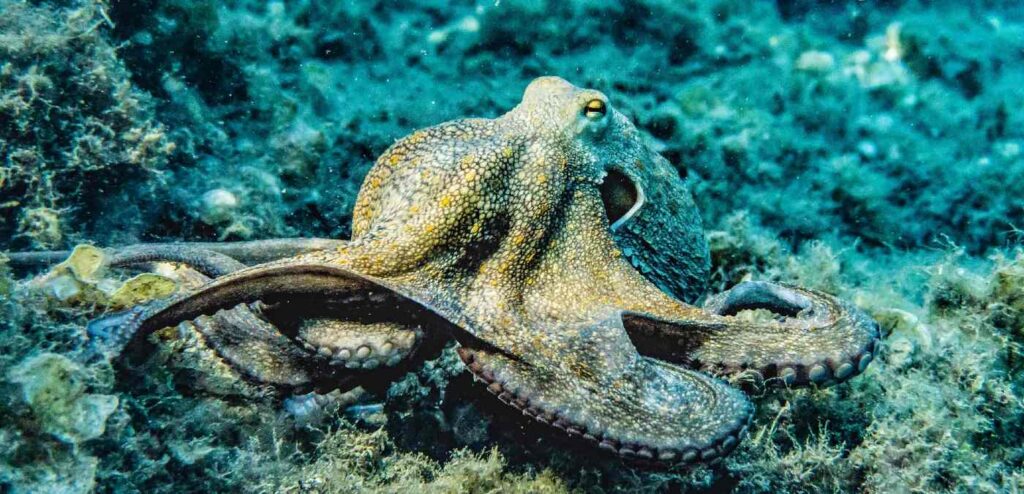
(Photo: AI generated image/IANS)
New Delhi, (IANS) Heart surgery that begins late in the morning may raise the risk of cardiovascular deaths when compared to other times of the day, according to a study.
Researchers at The University of Manchester, UK, suggested that integrating body clock biology into the planning of heart surgery could support a more personalised, precision medicine approach, as some people’s body clock makes them early birds and others make them night owls.
The data, based on the analysis of national datasets comprising over 24,000 patients in England, Wales, and Northern Ireland, showed late-morning surgery was linked to an 18 per cent higher risk of death -- almost one fifth -- from heart-related causes compared with early-morning surgery.
And the most common surgical start time was 07:00 am to 09:59 am -- accounting for 47 per cent of all surgeries.
Though complication rates and readmissions were unaffected by the time of day, the findings still pose questions about the best time to schedule heart surgery.
The study, published in the journal Anaesthesia, also gives an important insight into the potential influence of the body clock -- a set of 24-hour biological cycles present in our cells and organs -- on surgery as a whole.
“This research shows that a slightly higher risk of heart-related mortality is likely to occur when heart surgery starts in the late morning. Even small improvements in timing-related outcomes could have significant benefits to patients,” said lead author Dr Gareth Kitchen, Clinical Senior Lecturer at The University of Manchester.
“However, though the risk is statistically significant, it is relatively modest, and patients can be reassured that most people will almost certainly be unaffected. It is, though, our duty as clinicians to ensure the best possible outcomes, and moderating timings is a potentially inexpensive method to achieve that,” Kitchen added.“With more understanding of how body clock biology varies between individuals, precision and personalised scheduling of cardiac surgery may one day allow us to achieve better patient outcomes,” the researcher said. Time of day may determine heart surgery outcomes: Study | MorungExpress | morungexpress.com

